Poland
Poland is a unitary state composed of municipalities (gminy), counties (powiaty) and regions (voivodship-województwo).
CEMR in Poland – Association of Polish Cities (www.zmp.poznan.pl) and Association of Polish Counties (www.zpp.pl)










Local governments
The municipal council (rada gminy) is composed of councillors elected by direct universal suffrage for a five-year term. In addition to its legislative powers, the council votes the municipal budget and determines local taxes. The council is sub-divided into commissions responsible for the preparation of decisions taken by the municipal council. Members of the commissions are elected by and from among the municipal councillors.
The mayor (wójt in rural municipalities, burmistrz in urban ones and prezydent miasta in cities of more than 100, 000 inhabitants and in some cities with smaller number of inhabitants – due to historical reasons) is the local authority’s single executive head. He/she is elected by direct universal suffrage for a five-year term and officially represents the municipality.
The head of the municipal administration (sekretarz gminy) is employed by the mayor. He/she can act on the mayor’s behalf, particularly when it comes to the organisation of the city hall’s work and to the management of human resources.
In Poland, 66 urban municipalities have a special status whereby they are responsible for competences usually exercised by counties. The capital city of Warsaw, which is divided into 18 districts, also has this special status and thus exercises the competences of both a municipality and a county.
-
- Public transport and communal roads
- Social services
- Sanitation
- Housing
- Environment
- Culture, sport and tourism
- Pre-school and primary education
- Telecommunications
- Health
- Markets
- Public order and civil protection
- Decentralised cooperation









Intermediary governments
The county council (rada powiatu) is composed of members elected by direct universal suffrage for a five-year term. This deliberative assembly appoints members of the executive committee including the head of the county.
The executive board (zarząd powiatu) is made up by the head of the county and deputies elected upon request head of the county by the county council. This body is in charge of implementing council decisions.
The head of the county (starosta) is elected for a five-year term by the county council.
-
- Secondary education
- Health
- Social policy including County Centres for Family Assistance (PCPR)
- Public transport and public roads building and maintenance
- Culture, sport and tourism
- Environment
- Water management
- Public order and civil protection
- Agriculture, forestry and inland fisheries
- Employment
- Telecommunications activities
Regional governments
The regional council (sejmik wojewodztwa) is composed of members elected by direct universal suffrage for a five-year term. This deliberative assembly elects the marshal.
The regional executive board (zarzad województwa) is composed of members and the marshal, elected by the regional council. The board implements decisions made by the regional council.
The marshal (marszalek) is elected by the regional council.
-
- Economic development
- Higher education
- Environment
- Employment
- Social policy
- Regional road management
- Health
- Culture, sport and tourism
- Public order and civil protection
- Telecommunications activities
